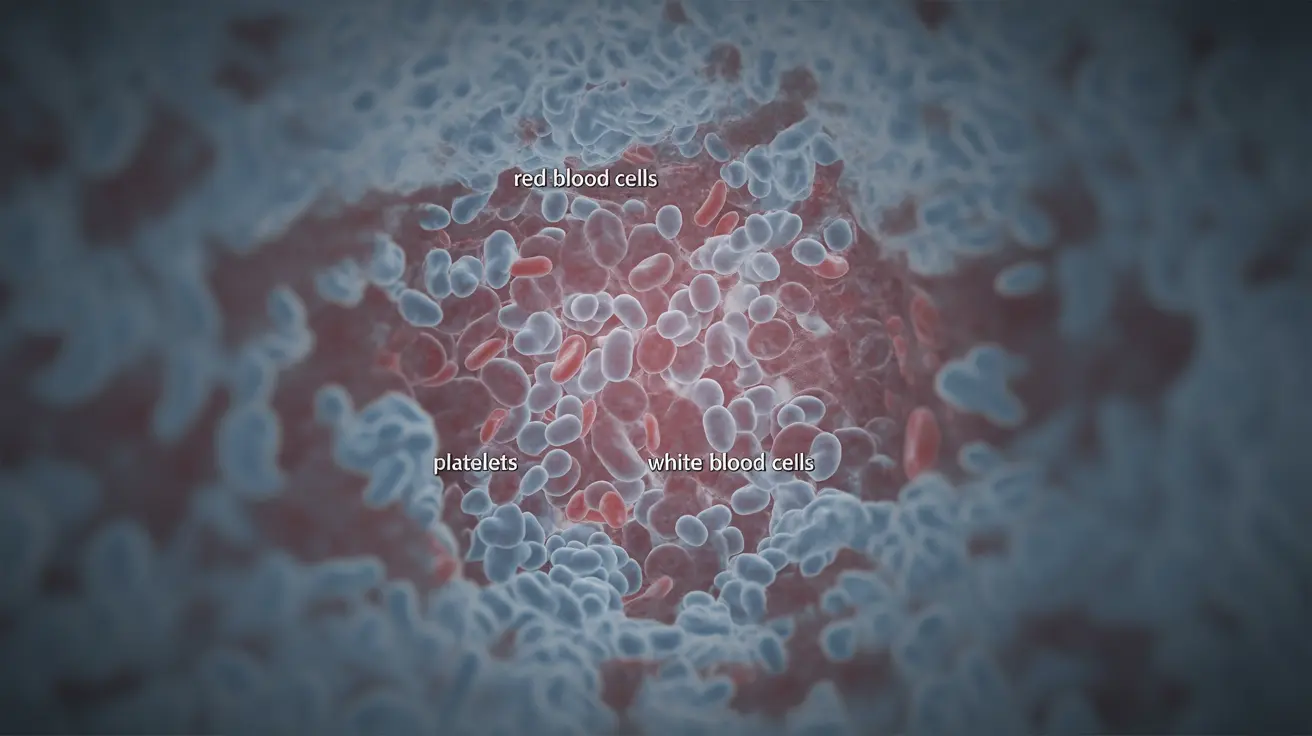Leukemia, a complex blood cancer, impacts multiple systems throughout the body by disrupting normal blood cell production in the bone marrow. This comprehensive guide explores how leukemia affects different aspects of your health and what symptoms to watch for. Understanding these effects is crucial for early detection and proper medical care.
Impact on Blood Cell Production and Anemia
Leukemia primarily affects the body's ability to produce healthy blood cells in the bone marrow. When abnormal white blood cells multiply uncontrollably, they interfere with the production of other essential blood cells, including red blood cells, leading to anemia.
Common symptoms of leukemia-related anemia include:
- Persistent fatigue and weakness
- Shortness of breath during normal activities
- Pale skin and mucous membranes
- Dizziness or lightheadedness
- Rapid heartbeat
Effects on the Immune System
The immune system becomes severely compromised as leukemia cells multiply and crowd out healthy white blood cells. This disruption leaves the body vulnerable to infections and makes it harder to fight off common illnesses.
Key signs of immune system impairment include:
- Frequent or recurring infections
- Slow healing of minor cuts and wounds
- Persistent low-grade fever
- Night sweats
- Unexplained weight loss
Bleeding and Bruising Complications
Leukemia interferes with platelet production, leading to blood clotting problems. This disruption can cause serious complications if left untreated.
Warning Signs Requiring Immediate Medical Attention
Seek urgent care if you experience:
- Unusual bruising without injury
- Frequent nosebleeds
- Bleeding gums
- Blood in urine or stool
- Tiny red spots under the skin (petechiae)
Organ and Tissue Effects
As leukemia progresses, it can cause various organs and tissues to become enlarged or painful. This occurs when leukemia cells accumulate in different parts of the body.
Common Sites of Involvement
The following areas may be affected:
- Enlarged lymph nodes in the neck, armpits, or groin
- Swollen spleen causing abdominal discomfort
- Enlarged liver leading to right-sided pain
- Bone pain, particularly in the legs and back
- Joint tenderness and swelling
Neurological Impact
In some cases, leukemia can affect the central nervous system, leading to various neurological symptoms. This typically occurs when leukemia cells enter the cerebrospinal fluid or brain tissue.
Neurological symptoms may include:
- Headaches
- Balance problems
- Vision changes
- Confusion or memory problems
- Seizures in severe cases
Frequently Asked Questions
How does leukemia affect the production of red blood cells and cause anemia?
Leukemia affects red blood cell production by overcrowding the bone marrow with abnormal white blood cells. This disruption leads to decreased production of healthy red blood cells, resulting in anemia, which causes fatigue, weakness, and shortness of breath.
What symptoms should I look for that indicate leukemia is impacting the immune system?
Watch for frequent infections, persistent low-grade fever, night sweats, and slow healing of minor wounds. These symptoms occur because leukemia cells interfere with normal white blood cell function, compromising your immune system's ability to fight infections.
Why does leukemia cause easy bruising and bleeding, and what signs mean I should seek urgent care?
Leukemia causes easy bruising and bleeding by reducing platelet production in the bone marrow. Seek immediate medical attention if you experience unexplained bruising, frequent nosebleeds, blood in urine or stool, or numerous small red spots under the skin.
How can leukemia cause organ swelling or pain, such as in the liver, spleen, bones, or lymph nodes?
Leukemia cells can accumulate in various organs and tissues, causing them to enlarge and become painful. This commonly affects the lymph nodes, spleen, and liver, while bone pain occurs when leukemia cells infiltrate the bone marrow and surrounding tissue.
What are the neurological symptoms of leukemia and when does it affect the brain or nervous system?
Neurological symptoms can develop when leukemia cells spread to the central nervous system. These may include headaches, balance problems, vision changes, and confusion. This typically occurs in more advanced stages of the disease or in specific types of leukemia.




